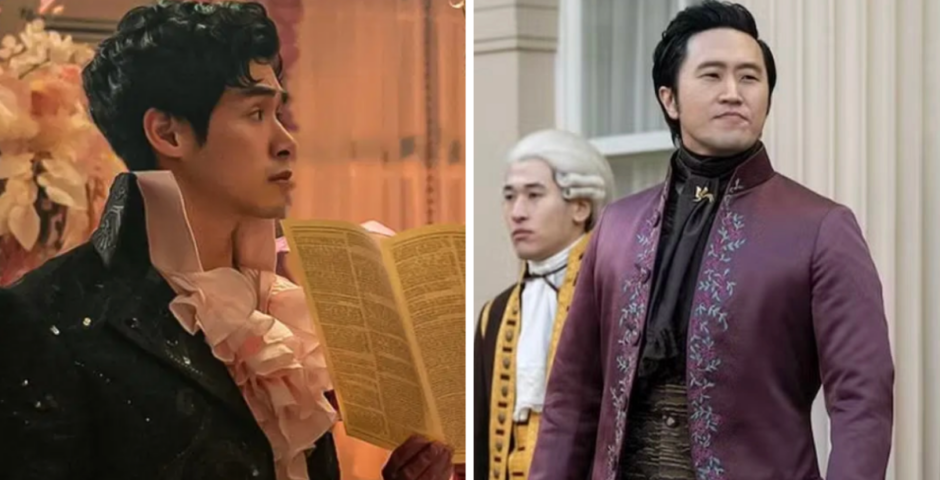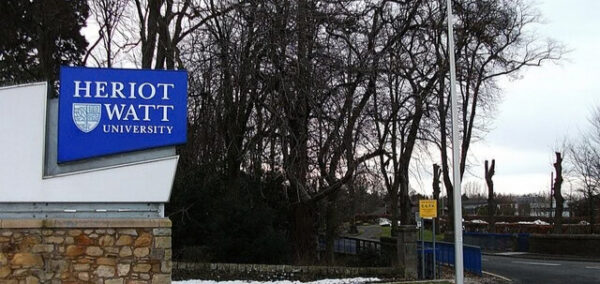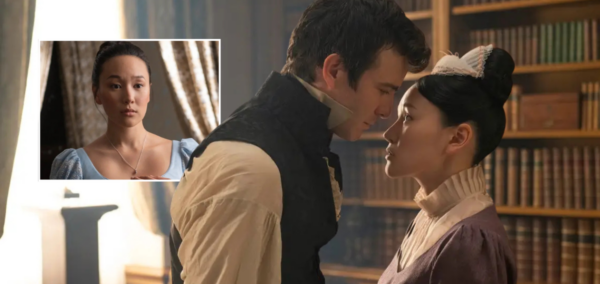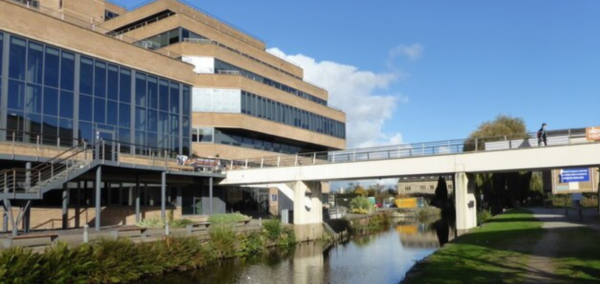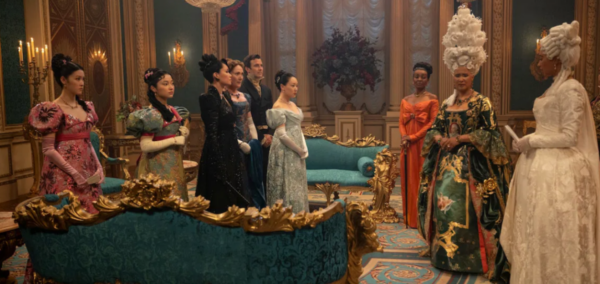
Strathclyde University acknowledges its slavery links in new report
The institution was established with direct funding from slavery exploits
The University of Strathclyde has admitted they will “acknowledge” the “uncomfortable truth” with regard to their historic links to slavery.
Professor Richard Finlay, the head of the School of Humanities at the University of Strathclyde, discovered that a large quantiy of the funds came from Glasgow merchants who profited from the labour of African slaves. Professor Finlay said in his report: “Anderson’s Institution was founded in a city that was still sucking in the profits from slavery.”
The report also highlighted some individuals who had links to slavery, some of which were significant donors to Strathclyde and therefore played a significant role in the formation of the university.
The individuals included four past presidents who were prominent members of the Glasgow West India Association, a group who were in huge favour of slavery before the 1833 Abolition Act of Slavery.

Current UofG building where Anderson did his studies at the University of Glasgow.
These four presidents of Anderson’s Institution, what Strathclyde was formerly known as, were found to have owned slaves between 1812 and 1840, according to an investigation.
Anderson’s Institution was created from a bequest by Professor John Anderson, who wished to create “a place of useful learning” after he graduated from the University of Glasgow. However, he didn’t leave enough funds and the 81 Trustees in his will had to then raise the remaining money.
Professor Finlay said: “Glasgow’s merchants, through ruthless efficiency and business innovation, established themselves by the 1760s as the main port in the United Kingdom for the tobacco trade. The Tobacco Lords did not just profit from the labour of enslaved Africans, they actively promoted and extended the use of enslaved labour through the supply of credit and loans for plantation development.”
Speaking to some current University of Strathclyde undergraduates, James had this to say about the matter: ”It doesn’t really surprise me, it’s not a shock that these people who’re high up in these establishments are vastly corrupt.”
Harry, a recent graduate of the university mentioned: ”I think it’s horrific that these sorts of things happened, but I’m glad the university are recognising this now and despite how horrific history can be, it must never be forgotten and I hope the education of slavery and other things like this are taught.”
“It’s not nice to hear, or see, or hear about but we must not forget what has happened, because ultimately, what happened in the past is a huge part of what has formed our society today. I really hope people become aware and that the education of these things are spread, ultimately to avoid it happening again.”
The university claimed that it was actively promoting racial equality. In response to the investigation, it said that it will increase its funding for initiatives aimed at educating people about the history of slavery in Glasgow.
The Tab Glasgow contacted the University of Strathclyde with regard to this report being announced during Black History Month. Professor Sir Jim McDonald has released this further statement directly to The Tab Glasgow:
“As a socially progressive institution, Strathclyde is committed to being an inclusive community which recognises the potential, talents and contribution of all people. We greatly value the diverse and inclusive nature of our student and staff populations and the publication of the report into the University’s antecedent institution’s historical links to slavery comes as we celebrate Black History Month, which focuses on people who often have a direct link with Scotland through slavery and whose sacrifices and achievements are often forgotten about.
“As well as celebrating their stories, it presents an opportunity to cement our own focus and commitment to race equality. Our series of events in Black History Month includes anti-racism training and a panel celebrating black women in business, politics, and activism.
”Going forward, the new knowledge of our own history will ensure we tackle racism and discrimination in all forms. We will continue to invest in work which furthers racial equality and raises awareness of the legacy of slavery in the city of Glasgow, including engaging with the Strathclyde student and staff community and seeking to work in partnership with Glasgow City Council to mark the City’s history in appropriate ways.
“We will evolve our curricula, ensuring that what is taught is consistent with history and the University’s values. Through the Strathclyde Institute of Education, the University will also explore educating young people on the impact in Glasgow of the trade in enslaved people, by helping to develop new anti-racism resources for teachers. A student-led facilitated discussion of the report will also be hosted this autumn to help further shape our longer-term response.”
Related stories recommended by this writer:
• Glasgow University Conservatives ask the uni to publicly support Israel in open letter
• Glasgow student finds 300-year-old coins on first archeology dig
• The unofficial guide to applying for study abroad at Glasgow Uni



